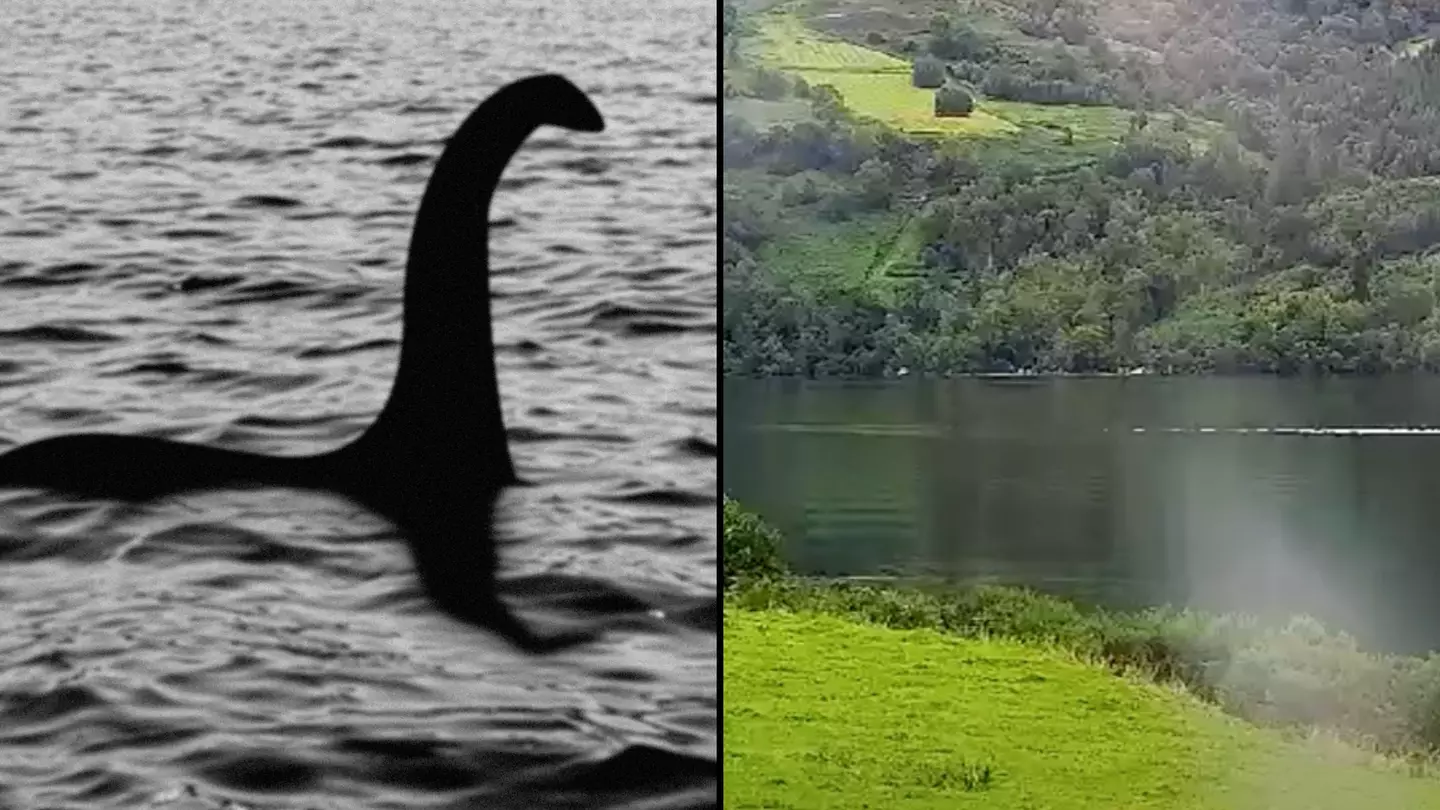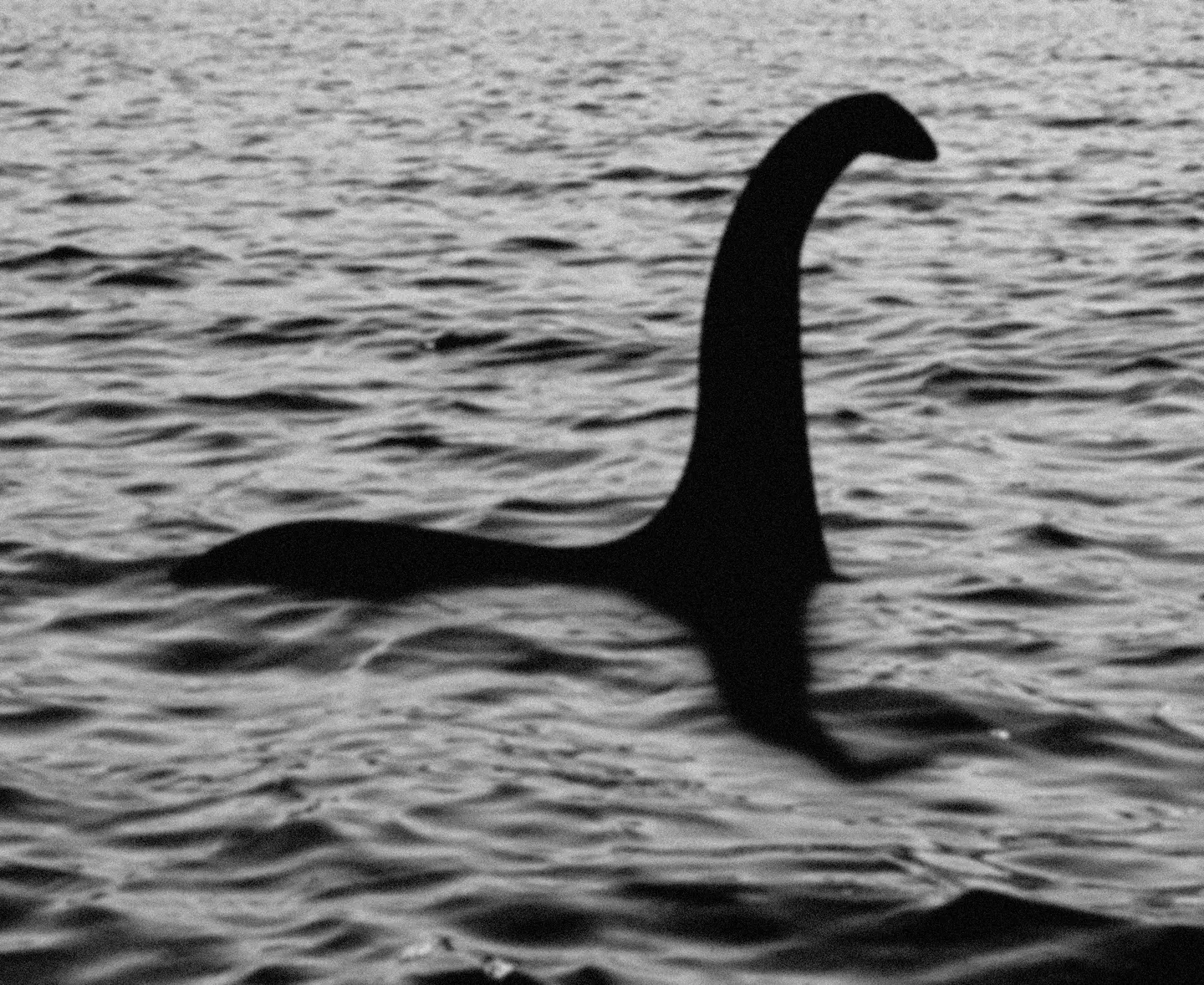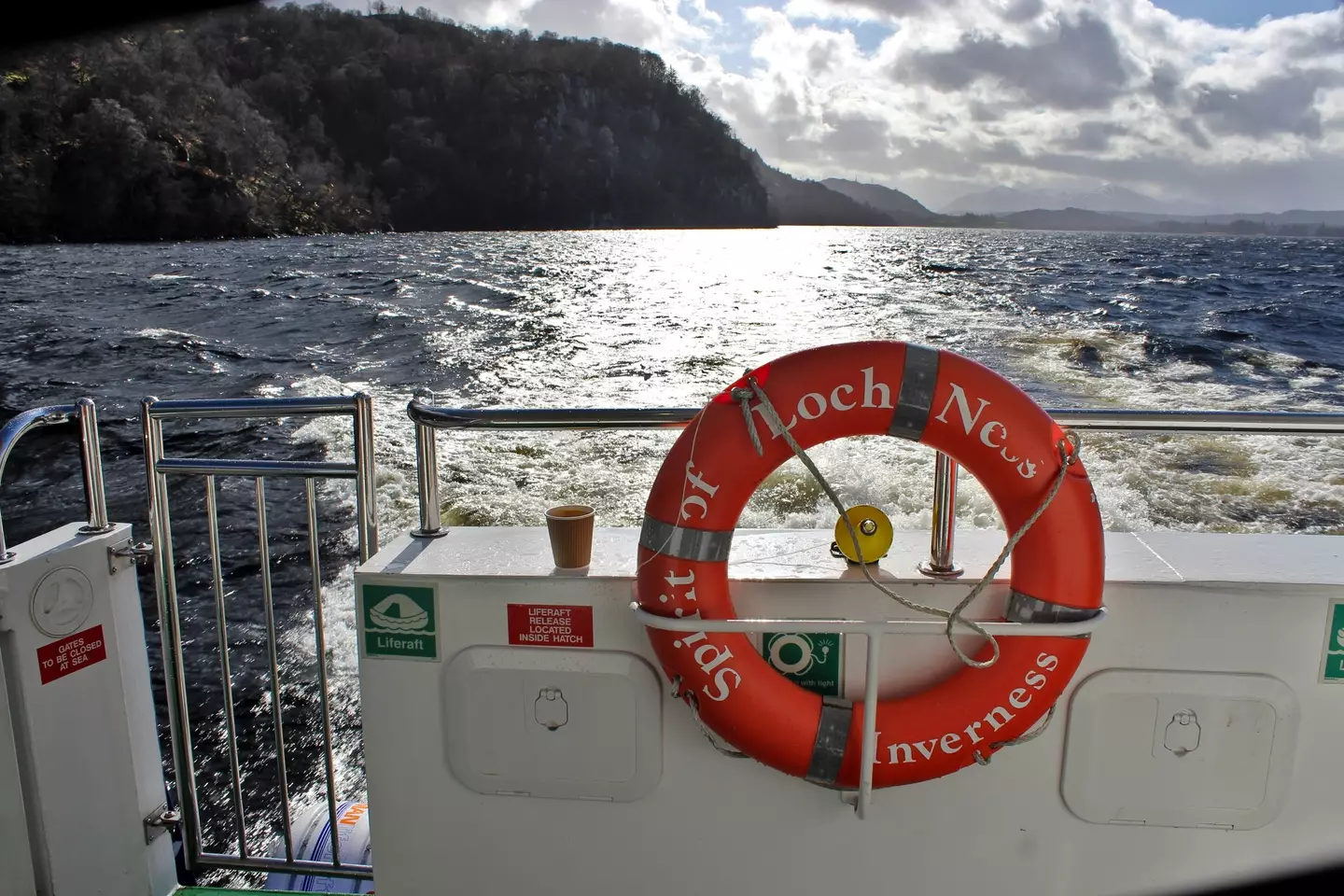
Nessie hunters say they came close to capturing compelling evidence of the cryptid's existence - if only they'd remembered to plug their device in.
Over the weekend, volunteers took part in one of the biggest hunts for the mythical beast in decades.
Not only did they not find Nessie, but one group heard mysterious noises only to later realise their recording device wasn’t plugged in.
Advert
It’s been a historic weekend in the Highlands, with around 200 people turning up to discover what lurks beneath the water.
The group already had their work cut out, with Loch Ness spanning over 56 square kilometres and being 240m deep (788 ft).
As they searched Scotland’s second-biggest loch, their efforts were scuppered by technical difficulties.

A group of researchers, from the volunteer group Loch Ness Exploration, had been bobbing along the iconic stretch of water when they heard four mysterious ‘gloops’ emanating from the gloomy depths below.
Advert
At the time, Alan McKenna had been among those on the boat and had been using a hydrophone system to capture underwater sounds.
Sadly, the group claims that no one hit record while using the acoustic equipment – with McKenna admitting they got a bit too ‘excited’.

"We all got a bit excited, ran to go make sure the recorder was on and it wasn't plugged in,” he confessed to the BBC.
While they might not have seen anything mysterious skulking in the loch, the mass hunt for the Loch Ness monster has been one of the biggest in decades.
Advert
According to the volunteer researcher, people have come from all over the world in the hopes of finding the mysterious mythical beast.
"We've had people from Spain, France, Germany and we had a Finnish couple. We've had news teams from Japan, Australia, America and it has been really good," Mr McKenna told press, adding: "We've all kind of banded together. It's been fantastic."
Though the group may leave Scotland feeling frustrated, many have done the same after searching for Nessie.
In fact, people have been looking for the creature for centuries, with the earliest known written account coming from the seventh century.
A biography recounts how Irish monk St Columba came to the aid of a swimmer in 565 AD who was being attacked by the beast.
Advert
The story is undoubtedly a huge draw for tourists, who flock to the remote loch near Inverness hoping they’ll be the ones to find Nessie.
Here’s hoping someone comes soon.
Topics: UK News